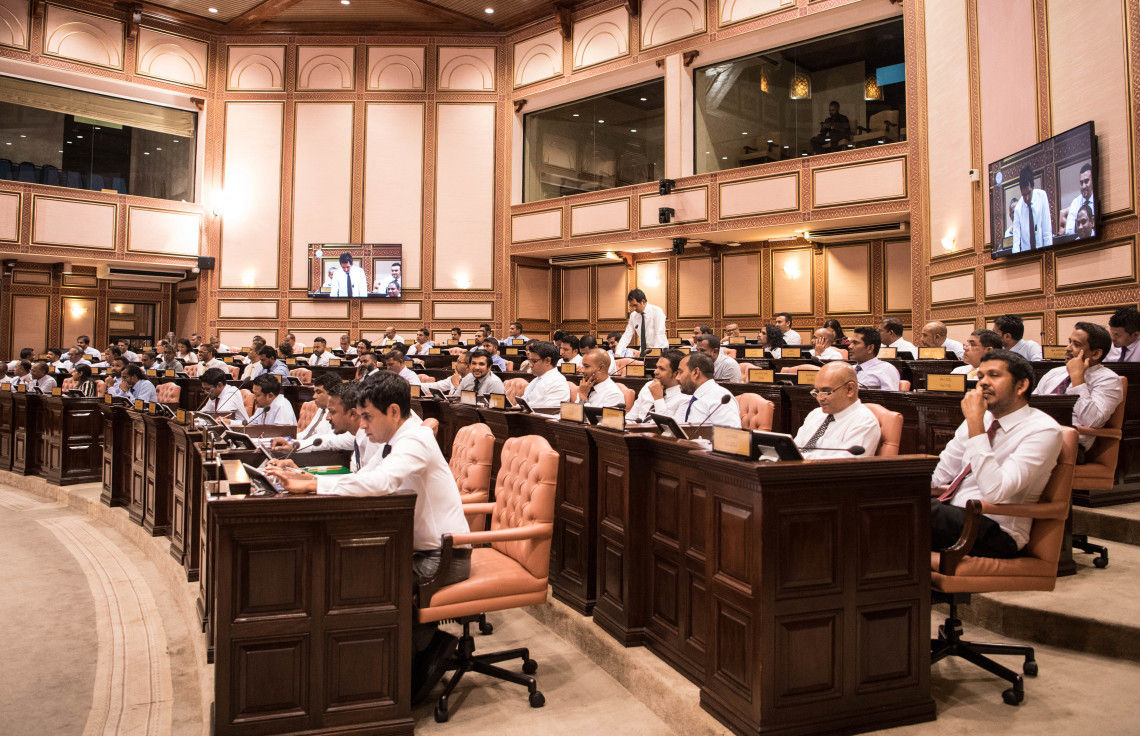Raft of legislation submitted to reverse draconian laws
Other proposed changes would require officials of independent bodies to disclose finances.

18 Aug 2019, 09:00
Several pieces of legislation have been submitted to parliament to revise child protection laws, safeguard independent institutions from corruption and abolish draconian laws enacted during the previous administration, the president’s office announced on Sunday.
The government proposed making it mandatory for the Prosecutor General and Auditor General as well as members of the Civil Service Commission, Anti-Corruption Commission, Elections Commission and the Human Rights Commission to disclose their assets along with the personal finances of family members.
Officials would also be barred from owning a business or participating in any enterprise with a potential conflict of interest.
Amendments submitted to laws concerning the independent posts and commissions “will ensure that such individuals cannot unduly benefit from their position or abuse their influence at another’s expense,” the president’s office said.
Become a member
Get full access to our archive and personalise your experience.
Already a member?
Discussion
No comments yet. Be the first to share your thoughts!
No comments yet. Be the first to join the conversation!
Join the Conversation
Sign in to share your thoughts under an alias and take part in the discussion. Independent journalism thrives on open, respectful debate — your voice matters.




